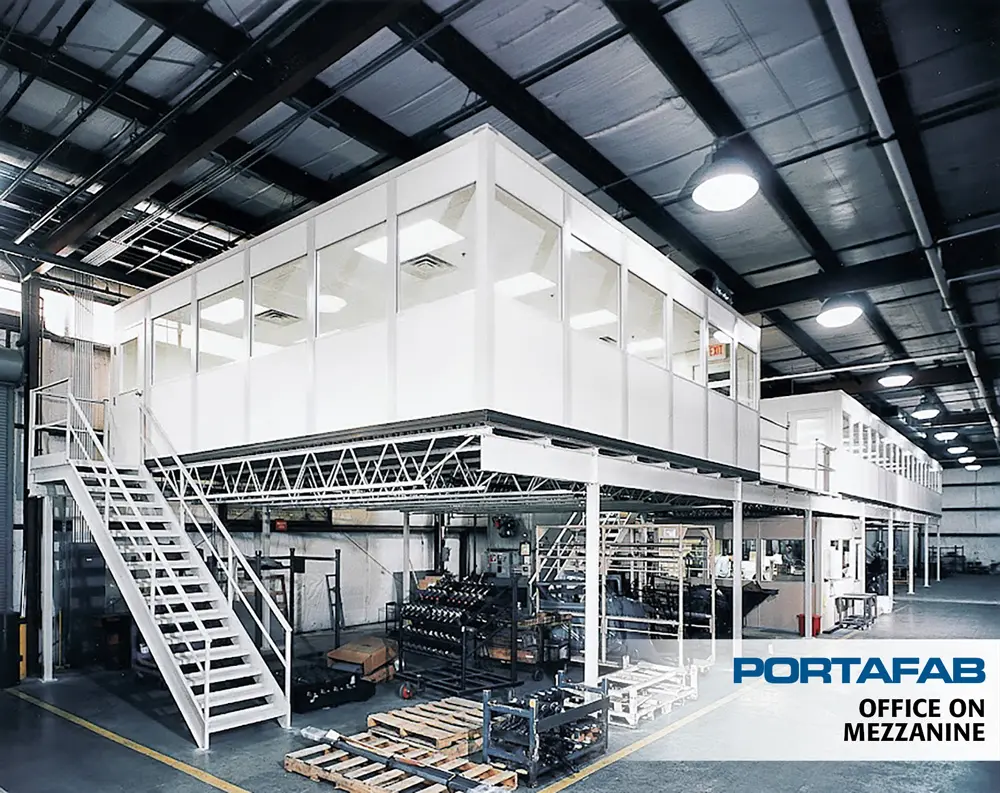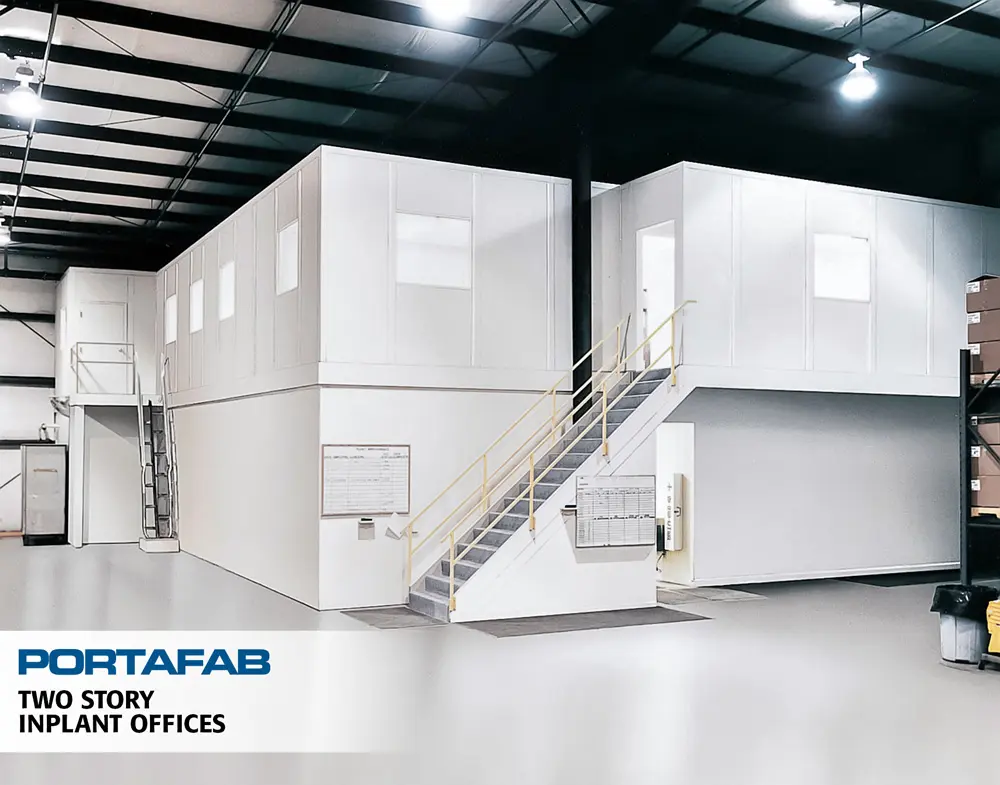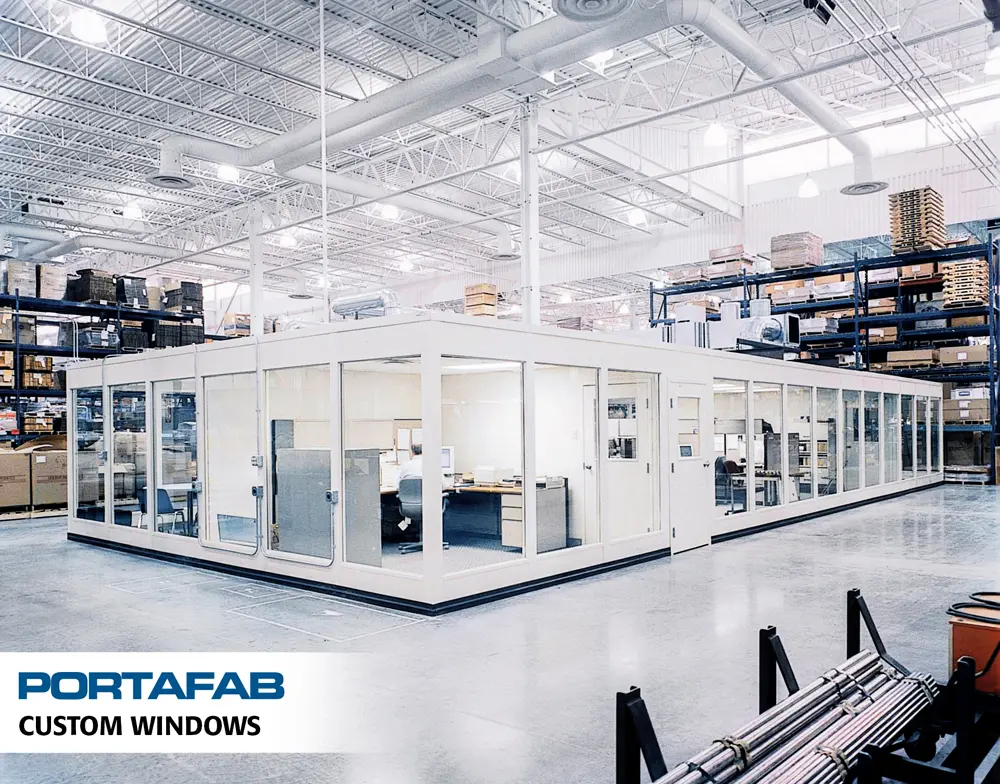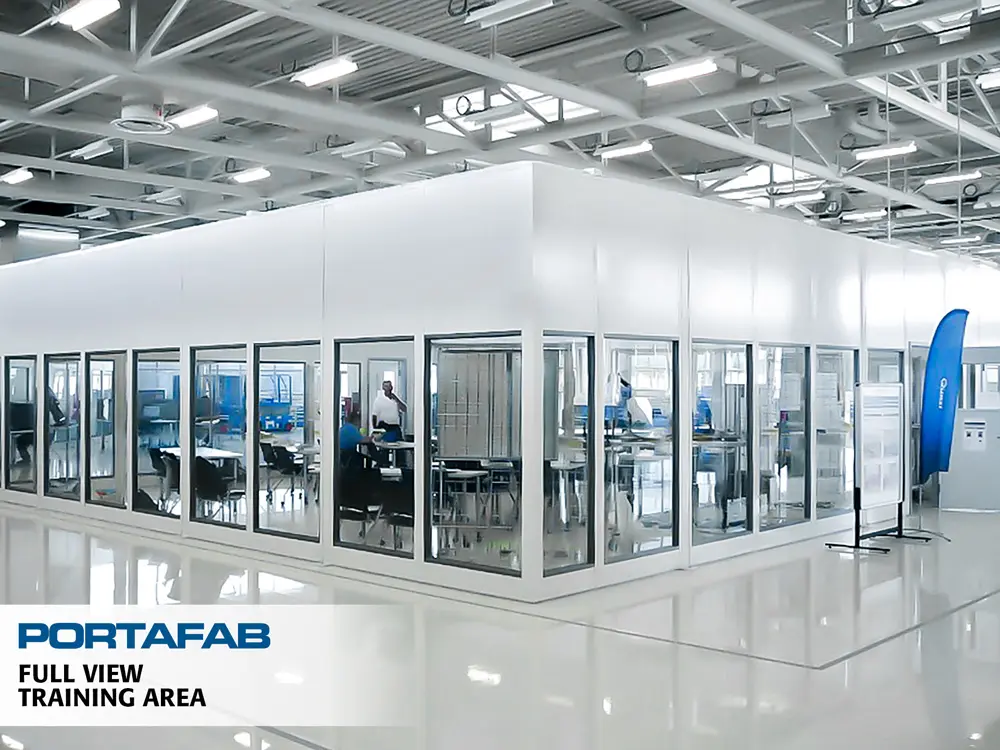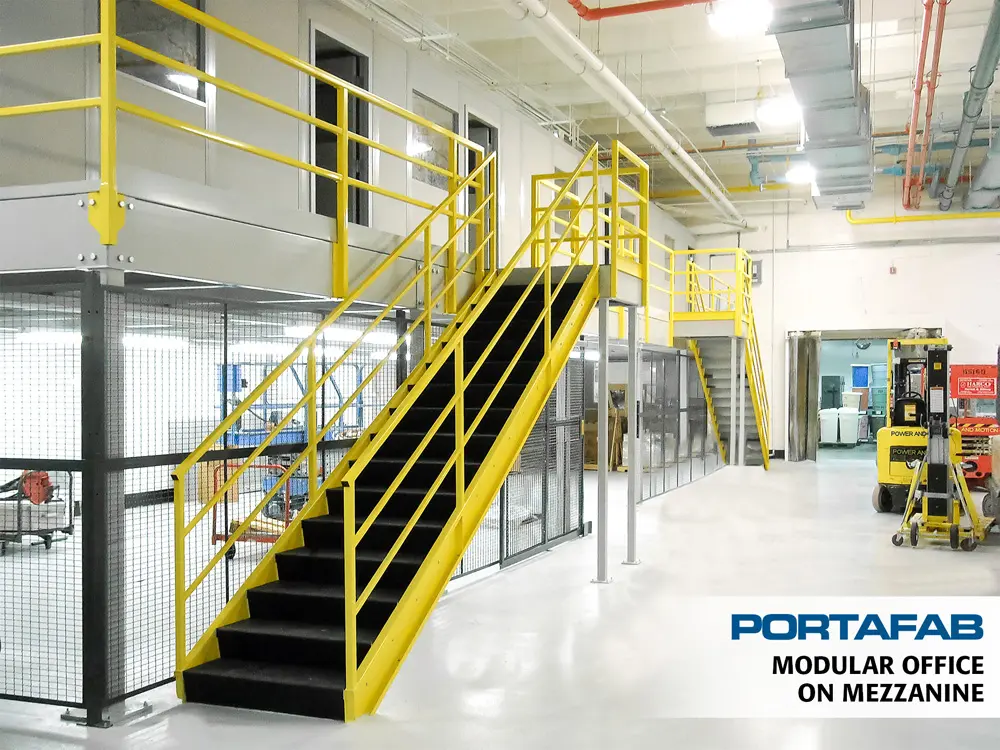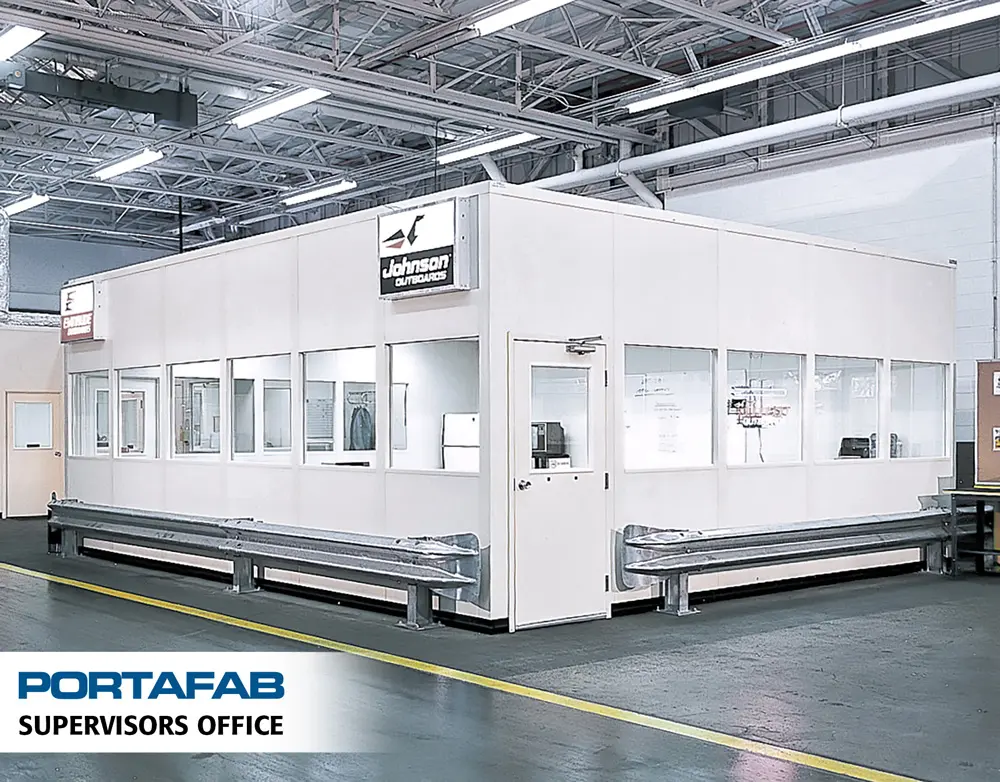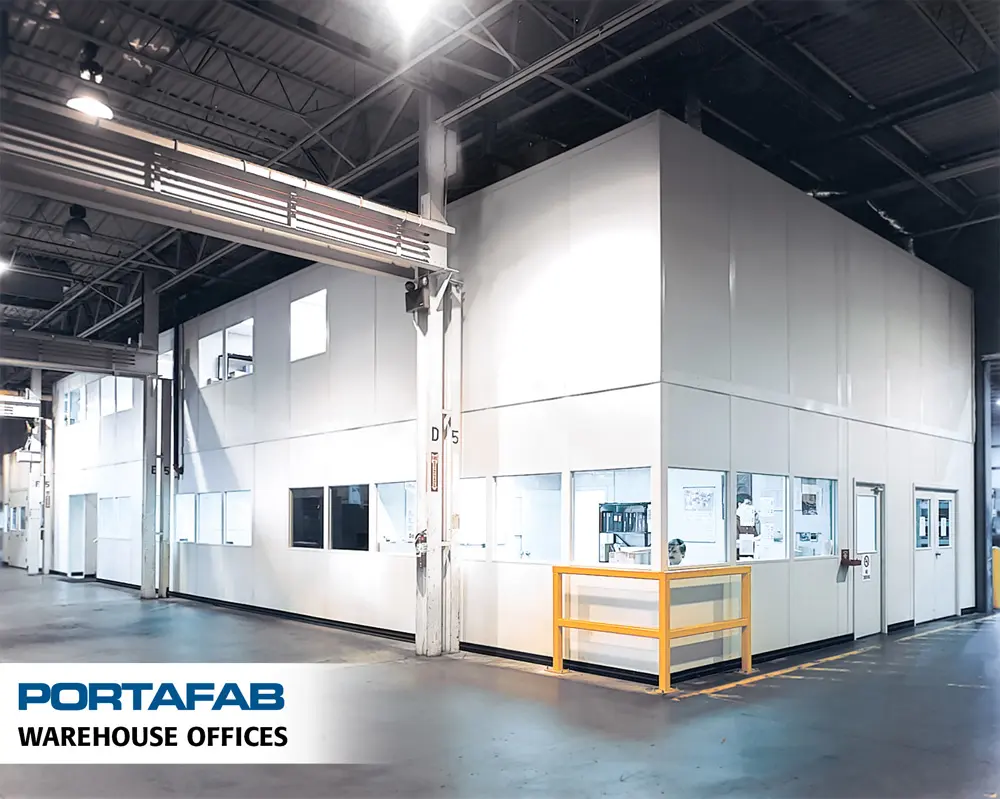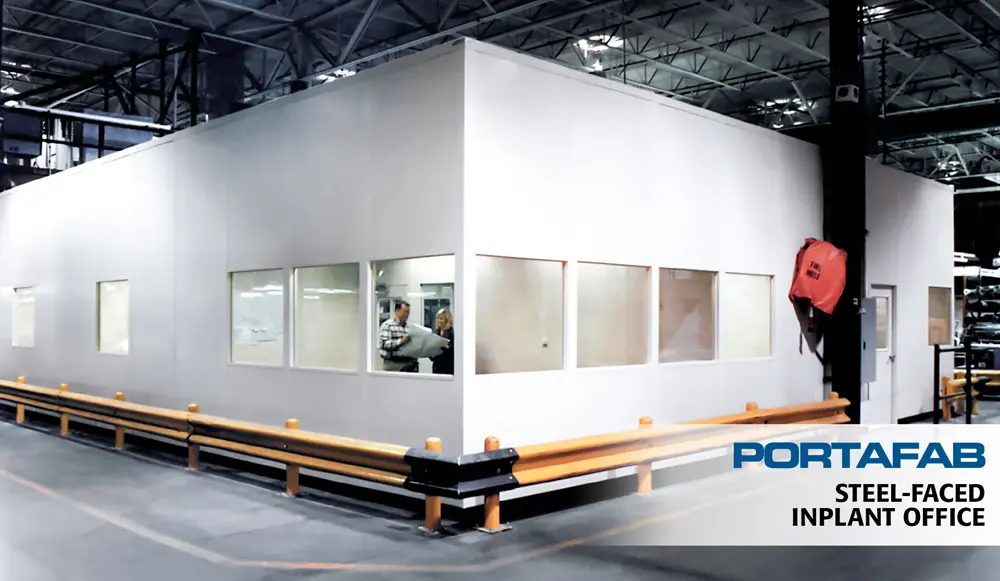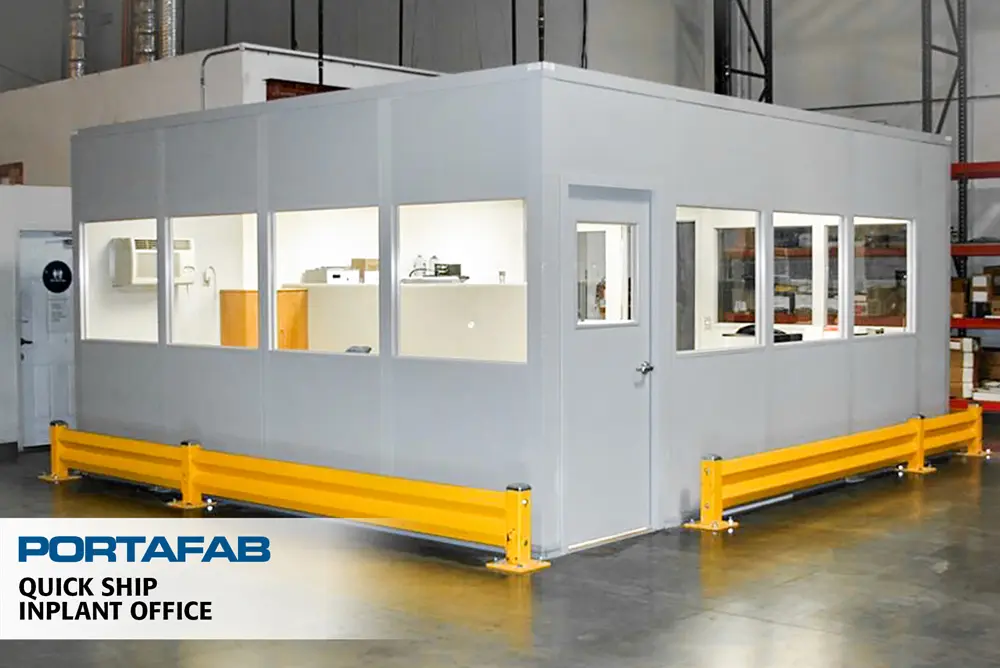Modular Offices & Structures
A modular office, also known as a prefabricated office or modular building, is a type of office space that is constructed using prefabricated components or modules. Unlike traditional construction methods where buildings are built on-site from scratch, modular offices are assembled off-site in a factory-controlled environment and then transported to the desired location for installation. Here are the key features, components, and benefits of modular offices:
Key Features:
- Prefabricated Construction: Modular offices are constructed using prefabricated components or modules that are manufactured in a factory setting. These modules are designed to be easily transported and assembled on-site.
- Customizable Design: Modular offices offer flexibility in design and layout, allowing for customization to suit specific space requirements, aesthetic preferences, and functional needs.
- Quick Installation: Compared to traditional construction methods, modular offices can be installed much more quickly since the majority of the construction work is done off-site. This can result in shorter lead times and reduced disruption to ongoing operations.
- Mobility: Modular offices are often designed to be relocatable, meaning they can be disassembled and moved to a different location if needed. This flexibility makes them ideal for temporary or semi-permanent office spaces.
- Cost-Effective: Modular construction can be more cost-effective than traditional construction methods, as it typically involves lower material and labor costs, shorter construction timelines, and reduced site preparation requirements.
Components:
- Modules: Modular offices are constructed using prefabricated modules, which are individual sections of the building that are manufactured off-site. These modules typically include walls, floors, ceilings, doors, windows, and electrical and HVAC systems.
- Connectors: Connectors are used to join the modules together to form a cohesive structure. These connectors may include bolts, screws, adhesives, or other fastening methods.
- Finishes: Once the modules are assembled on-site, finishes such as paint, flooring, trim, and other decorative elements are applied to complete the interior and exterior appearance of the modular office.
Benefits:
- Speed: Modular offices can be installed much more quickly than traditional construction, reducing project timelines and allowing for faster occupancy.
- Flexibility: Modular construction allows for easy customization and adaptation to changing needs, whether it’s expanding, relocating, or reconfiguring the office space.
- Quality Control: Construction in a factory-controlled environment ensures consistent quality and precision in manufacturing, resulting in higher-quality finished products.
- Sustainability: Modular construction can be more environmentally friendly than traditional construction methods, as it typically generates less waste, reduces site disturbance, and can incorporate sustainable materials and practices.
- Cost Savings: The streamlined construction process and reduced labor and material costs associated with modular construction can result in overall cost savings compared to traditional construction methods.
Applications:
- Office Spaces: Modular offices are commonly used as administrative offices, conference rooms, break rooms, and other office functions within various industries.
- Temporary Facilities: Modular offices are ideal for temporary or semi-permanent applications such as construction sites, events, disaster relief efforts, or seasonal operations.
- Remote Locations: Modular offices can be used in remote or hard-to-reach locations where traditional construction methods may be impractical or cost-prohibitive.
- Expansion Projects: Modular offices are often used to accommodate temporary or interim office space needs during expansion or renovation projects.
In summary, modular offices offer a flexible, cost-effective, and efficient solution for creating office spaces in a wide range of settings. With their customizable design, quick installation, and mobility, modular offices are well-suited for temporary, permanent, or semi-permanent applications across various industries.

